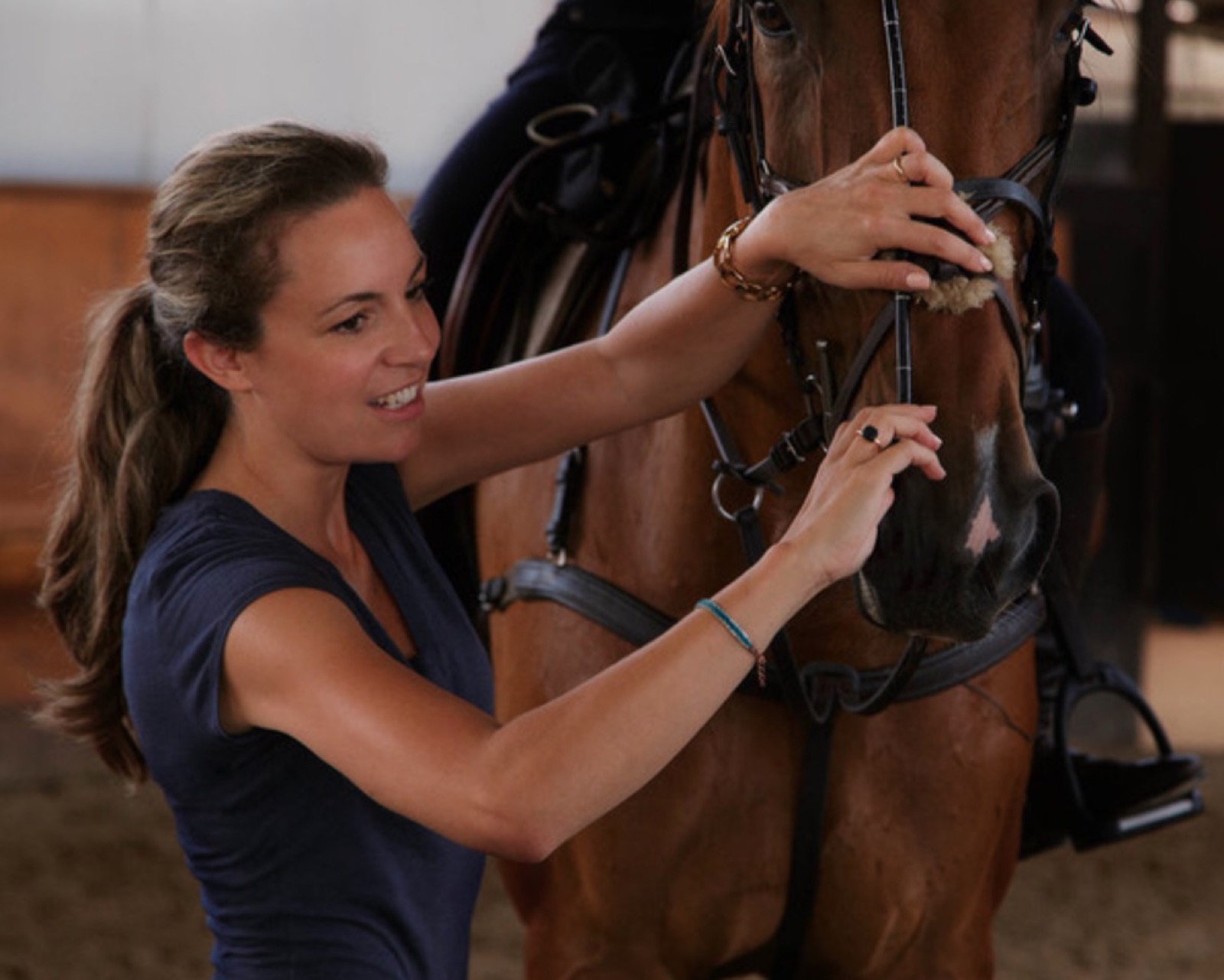Understanding equine respiratory disease
Can Covid help us put ourselves in our horses’ shoes? The coronavirus pandemic has been a massive human health threat, but one of Europe’s leading veterinary specialists in equine respiratory disease tells us that Covid can teach us invaluable lessons about the importance of respiratory healthcare for our horses.
Over the past 10 years as a consultant vet, Dr Emmanuelle van Erck Westergren has assessed and treated hundreds of top level performance horses suffering from problems that other vets have not been able to diagnose or cure. Around 80% proportion of these horses turn out to be suffering from inflammation and/or disease of their respiratory system. And the biggest cause of respiratory disease in horses is dust in their stables.
So what can we learn from Covid?
Covid insight 1 – Breathing through masks
“When we started wearing masks, we felt it was really annoying not to be able to breathe properly. Well, it’s exactly the same thing that happens if a horse has chronic inflammation in the lungs, it’s as if you were putting an extra layer on the horse’s breathing system.”
The major symptom of coronavirus infection in humans is respiratory impairment – difficulty breathing. Anyone who has suffered from asthma or seen a loved one or friend suffering an asthma attack will know just how frightening and debilitating this feels, but as Dr van Erck says, wearing masks has given most of us a mild experience of what many of our horses are living with all the time.
Covid insight 2 – Dust in masks
The second thing Covid has helped us understand, says Dr van Erck, is how much dust and dirt our horses might be forced to inhale in their stable.
“Now that we’re wearing masks, I know some owners who are appalled at the state of their mask after spending a day with their horse. They have very dirty masks on the outside because they’ve been inhaling through that mask and attracting whatever it is in the outside air onto the mask, so they can see that their mask is certainly not as clean as it should be. Sometimes when you dip it in water you can see the water turn darker. I think that’s also something that is a good way of showing people what exactly is in the air in their horse’s stables.”
Covid insight 3 – Get rid of dust
In the confines of their stable, horses are exposed to up to 50 times more dust and spores in the air they breathe than they are outside, says Dr van Erck, and they inhale far more air in each breath than we do.
“We inhale less than a litre of air in each breath, while horses are inhaling anywhere up to five times as much when they’re at rest, and 15 times as much when they are exercising. So horses are going to inhale more particles when they are exposed to high levels of dust.”
So it’s up to us humans to make sure the horse’s stable environment is as healthy as possible, and the biggest priority is minimising dust.
“We have to review all the things we can improve in our horses’ stables, but dust is something we can really act on. We can choose whether we put dust in the stable or not. It’s important to try and find solutions to reduce the amount of dust in the forage, and choosing a dust free bedding to me is very important, because that allows the horse to rest and have his nose in contact with something that is healthy, not something that is dusty and full of contaminants that are going to eventually irritate his airways and go down to the lungs.”
Covid insight 4 – Same lungs, same problem
Emmanuelle van Erck has watched both her parents-in-law go through Covid, and she feels it has given her a deeper personal understanding of the effects of respiratory disease on the horses she treats.
“We can explain what we’re feeling, and horses can’t, but horses have the same lungs and the same respiratory process as we do, and that’s exactly how horses that have airway obstruction feel. They’re just gasping for air.”
So ultimately Covid may help us to see how we care for our horses from our horses’ point of view.
“If you don’t see yourself staying overnight in your horse’s box – lying down on his bedding – if you’re not going to do that because you feel that it smells or you feel that it’s too dusty, well, your horse feels exactly the same.’




